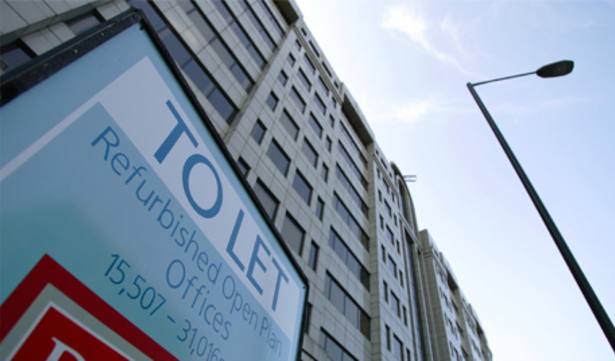
The collapse of bond yields over the past decade, coupled with the more recent spate of companies cutting their dividends, means investors' hunt for income has become a tougher task.
The persistently low bond yields of recent times prompted many investors to invest in alternative income assets, including a number of investment trusts that invest in niche sectors of the property market, as alternatives to bonds and traditional equities.
Among the sectors to have found favour with investors are student property, health centres and infrastructure.
The income from assets such as student property and some infrastructure investments is ultimately derived from the government, potentially placing some of those income streams into the very low risk category alongside government bonds, but with a much higher yield.
Neil Birrell, chief investment officer at Premier Miton, says: “We also invest in some of the more niche property sectors, such as student housing, but I am starting to worry that a bubble might be developing there as such a lot of it has been built in recent years.
"My children are at Newcastle University and I have noticed that a huge amount of specialist student housing has been built in that area and a lot of it is empty.”
Matthew Norris, manager of the Gravis UK listed property fund says that while there are a number of different funds investing in student property, the quality of the assets owned by each student housing property fund varies widely.
Richard Shepherd Cross, managing director of Custodian Capital, the fund management division of Mattioli Woods says: “Property investment has always been about income, but the relative merits of this income in a low interest rate environment cannot be ignored.
"The current margin of property yields to 10-year gilts is 6 per cent. This is the widest margin ever recorded.”
Infrastructure well-placed
Charlie Parker, managing director at Albemarle Street Partners, a discretionary fund management firm, believes funds that invest in infrastructure, where the revenue comes from the government, are “well placed” for the economic environment with which investors are currently faced.
He says: “We do believe that listed infrastructure funds, the close relative of property funds, are well-placed.
"We believe that governments will progressively increase infrastructure spending in the advanced world in the years ahead as they seek to inflate away debt.
"Another plus for infrastructure funds is where governments pay inflation linked 'rent'. Given the potential for inflation to pick up, this is a valuable attribute.
"With this in mind, we look for property-like returns from vehicles where the underlying leases and income streams are linked to fundamental building blocks of society effectively underwritten by the government; such as power stations, energy infrastructure and health facilities.
"In terms of residential property we do not have a strong view except to say that we believe that interest rates in the UK will remain lower for longer as a result of the Covid crisis and this should provide some continuing support in an area where valuations remain out of step with earnings.”






